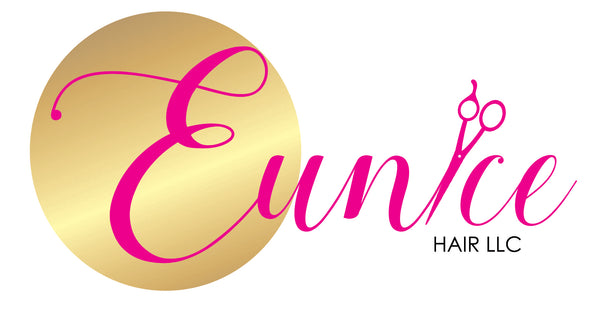Hair Loss Terms: A Comprehensive Glossary
Understanding hair loss and the variety of available treatment options can be a complex task, especially when dealing with unfamiliar terms.
This glossary will help you navigate these terms with ease:
Types of Hair Loss:
Alopecia: A broad term for hair loss from any cause. It's categorized into several types, including Alopecia Areata (patchy hair loss), Alopecia Totalis (total scalp hair loss), and Alopecia Universalis (total body hair loss).Androgenetic Alopecia: Often referred to as male or female pattern baldness, this is the most common type of hair loss and is mainly genetic.
Telogen Effluvium: A temporary form of hair loss often related to stress, illness, or dietary changes, causing hair to enter the resting phase and subsequently shed.
Traction Alopecia: Hair loss caused by pulling on the hair, often from hairstyles like tight ponytails or braids.
Types of Wigs and Related Terms:
Cranial Prosthesis: Another term for a wig, specifically used in the medical community for wigs used by individuals dealing with hair loss due to medical conditions.Synthetic Wigs: Wigs made from manufactured fibers. They're easier to maintain than human hair wigs and come pre-styled.
Human Hair Wigs: Wigs made from real human hair. They offer a natural look and can be styled like your own hair but require more care.
Monofilament Wigs: These wigs have a specific type of construction that gives a very realistic appearance, with hair hand-tied to a sheer base, allowing for multi-directional styling.
Lace Front Wigs: Wigs with a sheer lace front where hair is individually tied, creating a natural-looking hairline.
Hair Quality Terms:
Raw Hair: Hair that has never been chemically processed, offering the highest quality for wigs.
Virgin Hair: Human hair with the cuticle layer intact, making the wig look more natural and less prone to tangling.
Synthetic Hair: Man-made fibers designed to mimic the texture and appearance of real human hair. It is used in the construction of wigs and hair extensions and is known for its ability to retain predefined styles even through washing and weather conditions.
Remember, these definitions are intended to help you better understand the terms used in discussing hair loss and wigs.
Always consult with a professional for advice tailored to your specific situation.
If you have any questions about hair loss please don't hesitate to contact us!
